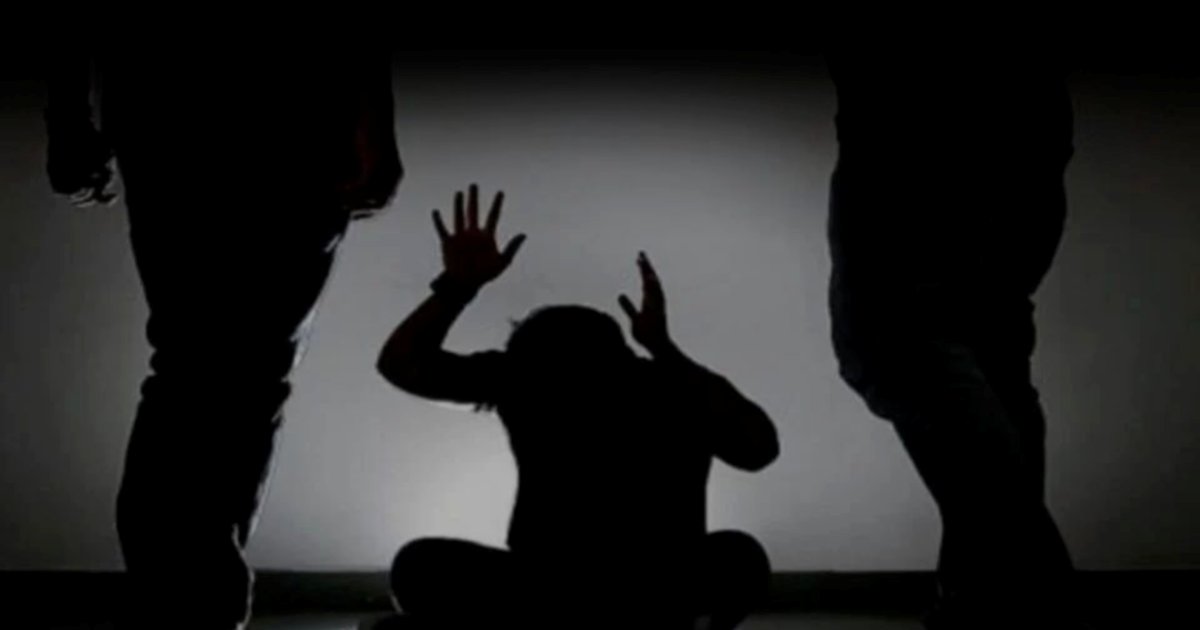LATELY, we have witnessed a worrying rise in moral decay among schoolchildren, particularly in secondary schools.
From increasing cases of bullying and cyber harassment to sexual misconduct and violent crimes, as well as a decline in respect for teachers, this troubling trend threatens not only our education system but also the moral fabric of the nation itself.
Rejuvenating and reshaping children’s moral values, behaviour, maturity, and mental strength must now become a collective national priority, not confined to any particular entity.
There are several factors that contribute to this moral decadence. The erosion of traditional family values, excessive exposure to social media, peer pressure, and lack of emotional guidance have all played significant roles.
Many youths today are growing up in dual-income families where parents are stretched thin, leaving children to seek emotional validation online or from their peers.
Schools, too, are under immense pressure to produce academic results, often sidelining character education. As a result, students may achieve success academically but lack empathy, resilience, and a sense of right and wrong. To solidify our moral compass, schools must place equal importance on moral and emotional development alongside academic success.
The Education Ministry should revamp subjects like Moral Education by making them experiential rather than exam-based. Students should engage in moral simulations, reflective discussions and service-learning activities that connect ethical values to real-life issues such as environmental care, honesty and empathy.
Apart from co-curricular activities, integrating mental health education into the curriculum can help students understand emotional regulation and resilience. This could be done through “Character and Mental Wellness Weeks,” peer counselling programmes, and partnerships with non-governmental organisations that promote mindfulness and emotional literacy.
Schools can also adopt mentoring systems where senior students guide juniors in navigating moral and social challenges.
Parents remain the first and most important moral educators. They must lead by example, demonstrating integrity, kindness, and accountability in their daily lives. Open communication is vital; children should feel safe discussing moral dilemmas or emotional struggles without fear of judgment. Limiting screen time and supervising online activity should also be part of responsible parenting.
Instead of only focusing on academic performance, parents should reward honesty, perseverance and compassion. Regular family dialogues, volunteering together, and attending community events can instil shared moral values and strengthen emotional bonds.
At the policy level, the government should introduce a National Character Development Framework that integrates moral and mental education from primary to secondary school.
Incentives should be given to schools that successfully run community outreach and moral leadership programmes. Relevant government agencies and the private sector can collaborate with media networks to create nationwide campaigns highlighting stories of kindness, responsibility and resilience, countering negative online influences.
Moreover, stricter laws against online bullying, cyber exploitation and harmful content should be enforced to protect the moral and psychological safety of minors. Social media companies must be made accountable for content moderation involving young users.
NGOs can supplement school efforts through workshops, counselling services and outreach projects. Groups like Befrienders, Women of Will, and the Malaysian Mental Health Association already play key roles in youth emotional support, and such partnerships must be expanded.
Community leaders and religious institutions, too, can organise neighbourhood dialogues, moral storytelling sessions, and youth leadership camps that promote empathy and civic-mindedness.
Finally, the public must abandon the “it’s not my child” mindset. Every adult in our society bears responsibility for guiding the young, irrespective of race and religion, whether as a teacher, neighbour, mentor, or friend.
Malaysia’s future depends not only on academic excellence but on nurturing morally upright, emotionally strong, and socially responsible citizens. It requires the shared commitment of parents, schools, government, NGOs, and society. It has to be a whole-of-nation approach.
By restoring the moral compass of our young minds today, we secure the integrity and compassion of our nation tomorrow.
The writer is senior research fellow at the National Institute of Public Administration (INTAN)
© New Straits Times Press (M) Bhd






